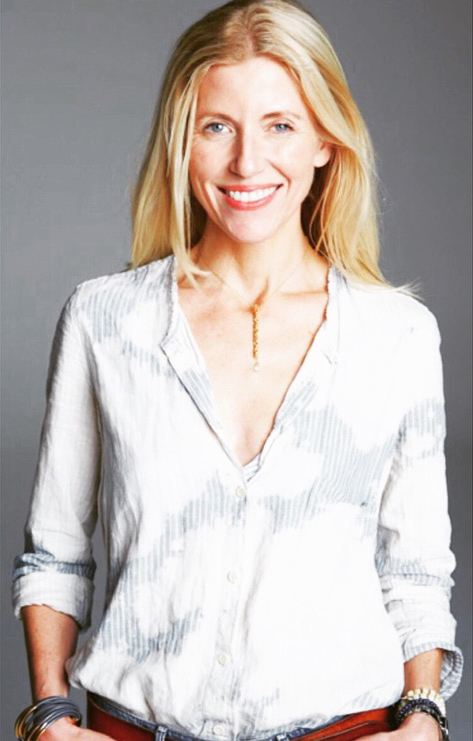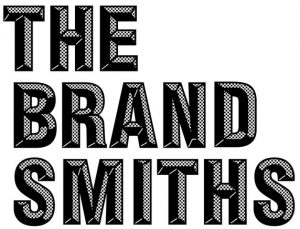 I have them. You have them, too. The question is, are we willing to hear about them from other people?
I have them. You have them, too. The question is, are we willing to hear about them from other people?
The hardest thing about a blind spot is that you just don’t know it’s there, no matter how hard you want to know. The only way you find out about it is when someone braves up and tells you – which is usually a disruptive, startling, blind-siding event – like being hit by an emotional truck. Blind spots exist in the professional universe as well as the personal, but it’s the personal that impacts the professional sense of stability, and much less the other way around.
Inevitably, we have enough relationships that go deep enough or become important enough that we become aware of these behaviors that offend, hurt, alienate, control or otherwise damper positive feelings from others – and at that point we have a choice. We can become hyper-present and hope to catch future offending trains before they leave the station, or, decide we are who we are, and change is impossible or at least improbable.
I think the more important question to ask about blind spots is this; what if, instead of the surprise punch to the gut, we actually asked our peers and friends to put us on the hot seat for blind spot reviews? Sort of a tell-me-everything kind of thing. This is totally terrifying. But it’s also potentially liberating. And much less surprising.
Can we manage and hold the nausea of that uncertainty, of that big, blank, pregnant space of “what will they say?” long enough to get to what could be a big, juicy, gratifying, satisfying, elevating, profit-making, game-changing evolution on the other side?
Maybe we should try. Could be worth it.



You must be logged in to post a comment.